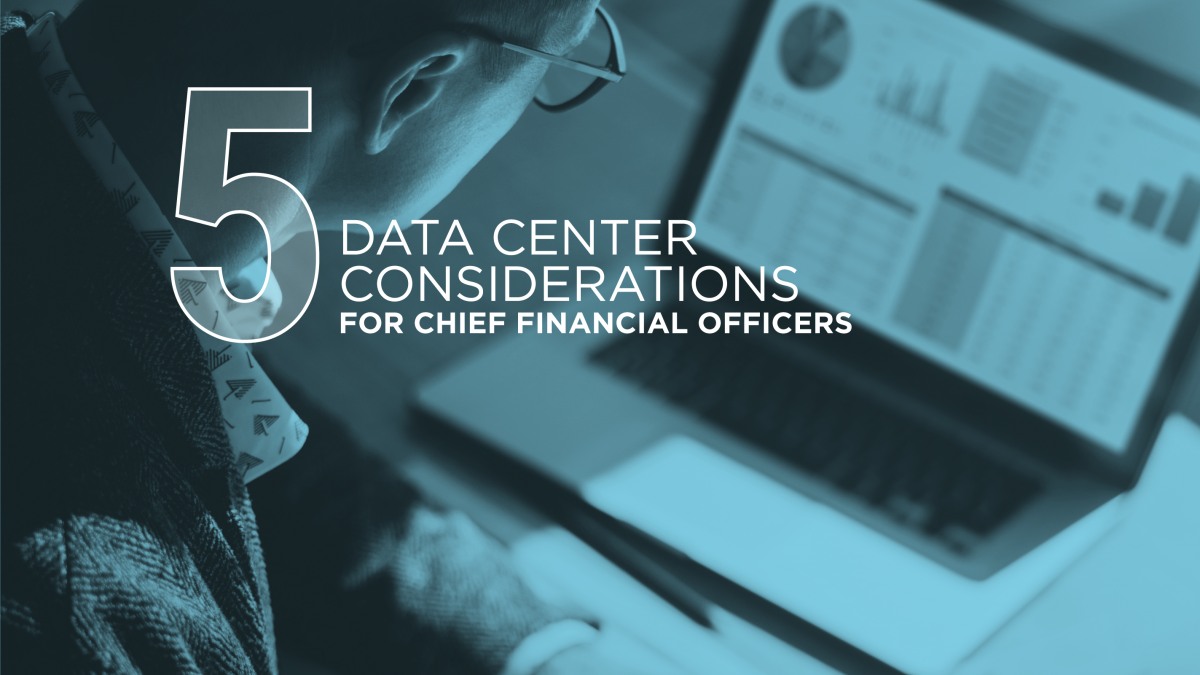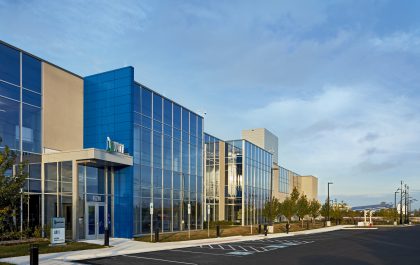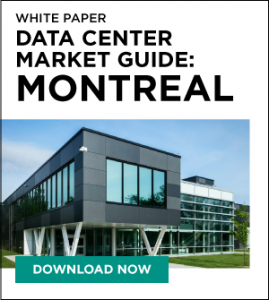Making Cents – Five Data Center Considerations for CFOs
This is the second article in a new series where we’re exploring the IT and data center considerations that leaders should keep in mind as they grow their businesses. In part one of this series, we explored five important IT and data center considerations for the chief executive officer (CEO). In part two of this series, we take a closer look at the considerations for the chief financial officer (CFO).
Questions for CFOs
While CEOs of hyperscale companies and large enterprises are responsible for steering the creation and overseeing the execution of corporate growth plans, CFOs are the individuals who must identify the ways to pay for those plans. The CFO is the executive most responsible for analyzing and executing a company’s financial strategy, tracking a company’s cash flow and assets, and delivering a financial plan that ensures the company remains strong and has the capital resources necessary to fuel its corporate growth strategy.
As digital transformation continues to drive IT services and applications within the workplace, and as businesses migrate to IT-based tools for customer-facing applications and customer engagement, the role of the data center is becoming exponentially more important in the continued growth and success of the company.
That means that any strategic growth initiative needs to take digital infrastructure into account, and the CFO will play a pivotal role in establishing the best path forward for acquiring the digital infrastructure necessary for driving corporate growth.
Much like CEOs, CFOs will rely on their teams to understand the best technology stack for their needs and identify where that technology stack will reside, whether on-premise, in the cloud, in an owned or leased data center, or some form of a hybrid model based on the different workloads. Armed with that information, the CFO will then help determine the best financial path to meet the organization’s requirements.
For those CFOs who have decided that owning and/or leasing a data center is in their best interests, here are five important considerations for them as they make digital infrastructure decisions to support the growth of their companies:
What need are we filling with this data center, and what requirements does that create?
One of the most fundamental things a CFO needs to know about any decision – data center or otherwise – is the financial impact on the company. When it comes to digital infrastructure, cost is often tied to a number of factors – performance requirements, scalability, resiliency, human capital and others. For CFOs to truly gauge the cost of their IT infrastructure and data centers, they must first understand their requirements and then identify what factors or characteristics are necessary to meet those requirements.
Is the company looking to get to market quickly? In that case, leasing or buying an existing data center could be a suitable alternative than constructing one – a decision that significantly impacts the upfront capital costs and timelines for production.
Is the company looking for significant data center space, or a combination of multiple data centers, in one location to decrease latency and improve the performance of microservices that power a customer-facing application? If that location or market is in high demand, that could dramatically impact the cost of data center acquisition in that region.
To make the best financial decisions for the company, CFOs needs to know the costs involved. This means that they need to understand the requirements and how those requirements will impact expenditures.
What is the financial impact of my data center decision today and into the future?
There are multiple ways for an enterprise to acquire their data centers, including building, buying or leasing the data center space needed to fuel growth. Each option comes with a different price tag, and each will have a starkly different financial impact on a balance sheet.
Purchasing or building data centers requires a significant amount of upfront capital (CapEx). Those looking to buy will need to be prepared to outlay the intensive capital needed to make the purchase. If a company doesn’t have a significant amount of liquid assets or otherwise is not in a position to make a large capital investment in their IT infrastructure, building or buying a data center may not even be an option for them.
Leasing could, however, be an option for an organization in that situation. Leasing effectively eliminates the large, upfront CapEx investment, replacing it with recurring operating expenses (OpEx). The option of leasing data center space gives companies the ability to continue growing even if they don’t have the cash available to finance a data center purchase or construction project.
After the initial decision to build, buy or lease a data center is made, there will continue to be financial considerations and costs into the future. While building or buying a data center requires a large investment up front, it will also require recurring OpEx costs over time.
A data center requires staff to operate it and ongoing maintenance to ensure maximum uptime and availability. These expenses will recur for the life of the data center and need to be factored into all company financial and data center decisions.
Conversely, data center leasing will also generate a recurring OpEx that needs to be accounted for. However, the fee for leasing data center space includes both the data center space and the staff needed to maintain and operate it. Also, the fee for leased data center space remains consistent and predictable for the life of the lease, while maintenance and upkeep on purchased or purpose-built data centers can vary wildly from month to month as things break and need to be replaced or repaired.
How do I choose the right partner if I decide to outsource my data centers?
Choosing a data center provider that is more than a vendor, but rather a strategic partner, is important for both a CEO and CFO. A CEO needs a strategic partner who can sit at the planning table and help forecast their capacity needs down the road. A CFO also needs a strategic partner, but for slightly different reasons.
By working with a data center provider that operates as a partner and not just a vendor, a CFO can ensure that they’re partnering with a company that has the right team in place. One that’s financially sound, and that’ll have access to capital to continue developing in the markets that are key for continued growth.
How do I mitigate risk for my company?
Any organization that is aggregating, storing and computing customer and employee data – which is nearly all large enterprises today – needs to consider their risk profile. The risk associated with a data breach or the violation of data sovereignty or data privacy laws is great. Should a company experience a significant breach of employee or customer data, or should it fail to comply with a regional data privacy or data sovereignty mandate, the costs and fines could be steep.
The most recent study released by IBM and the Ponemon Institute estimated that a data breach in the United States can cost a company more than $8 million. That is a significant financial penalty and something that any CFO would want to avoid.
One of the best ways to mitigate risk is to work with a data center provider with a proven track record of protecting client assets and responding quickly to threats. A data center provider that operates as a trusted partner is a voice at the table that can help organizations make proper data center decisions, such as complying with different regional regulatory requirements, that may be encountered as businesses expand.
Finally, there’s the issue of uptime. Many hyperscale companies and cloud providers have service level agreements (SLAs) with their customers that dictate that their products and solutions will almost always be available – sometimes with an uptime percentage of more than 99.99 percent. Working with a trusted provider that focuses on operational excellence and dependability is essential for meeting those promises and avoiding the risk that could come from violating customer SLAs.
What are the tax implications for my business?
As with most business decisions, taxes, including both sales and real estate, and their impact to the company’s balance sheet need to be taken into consideration when making a data center decision.
Each individual organization has its own financial profile to consider, and what’s best for the company from a tax perspective should not be overlooked when making data center decisions that will enable its growth, both today and well into the future.



